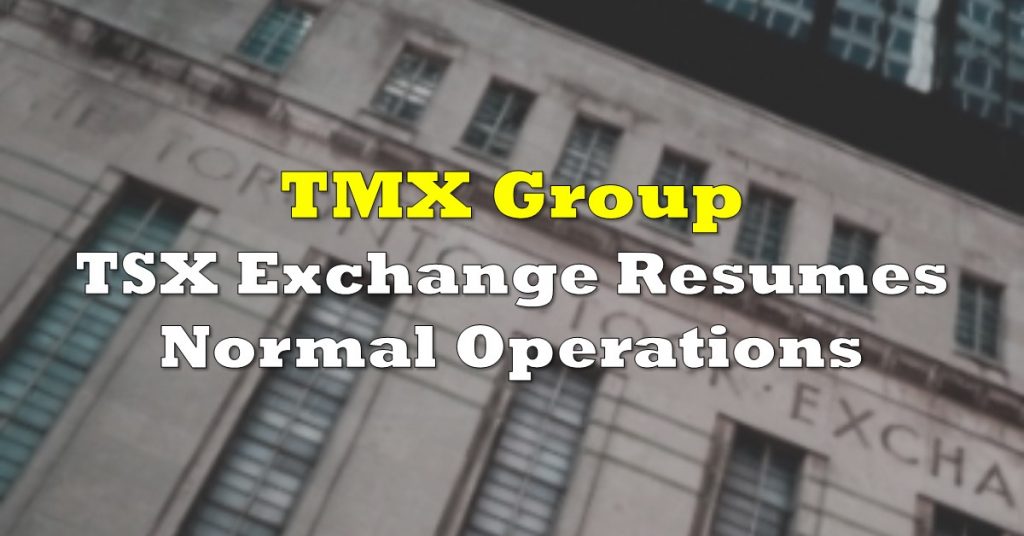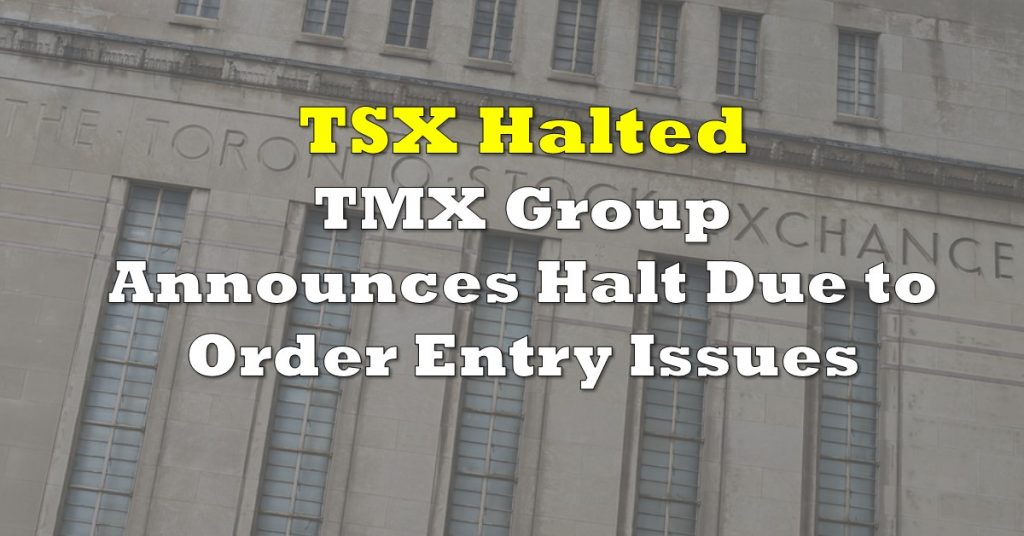A growing number of mining firms are abandoning their Canadian headquarters, threatening Toronto’s long-standing reputation as a global minerals finance hub and raising alarms among industry veterans.
The exodus comes as the Toronto Stock Exchange (TSX) and TSX Venture Exchange have seen mining listings plummet to 1,097 companies from 1,531 in 2010, according to exchange operator TMX Group Ltd in a Bloomberg report.
“If the government keeps making it harder for companies to access global capital, it could impact Canada’s overall health in the medium to long term,” said Dean McPherson, global mining head at TMX Group. “It means a loss of potential revenue and a loss of strength for Canada as a global destination for mining companies to be domiciled.”
Recent departures include Lithium Argentina AG‘s move to Switzerland, Solaris Resources Inc.‘s relocation to Ecuador, and Falcon Energy Materials Plc‘s shift to Abu Dhabi — all within the past nine months. Cornish Metals Inc. and Almonty Industries Inc. have announced similar plans.
“The industry that has fueled most of the great Canadian minerals discoveries over the past 50 years is but a skeleton of itself,” said mining financier Pierre Lassonde, co-founder of Franco-Nevada Corp. “We should be extremely concerned.”
Industry observers point to several factors driving the trend. The Trudeau government’s tightened restrictions on foreign investment since 2022 have complicated financing, particularly from Chinese sources. These policies followed orders for three Chinese firms to divest from Canadian lithium explorers amid concerns over critical minerals supply chains.
Read: China Has Quietly Spent $57 Billion to Control the World’s Critical Minerals
“I don’t think it’s going to start a stampede for the door, but it shows how these policies have been viewed as relatively aggressive and broad in scope,” said Braden Jebson, a mergers and acquisitions lawyer at Torys LLP.
Solaris Resources relocated to Ecuador after it called off a financing deal that would have given China’s Zijin Mining Group a 15% stake. Similarly, Falcon Energy moved after failing to secure a $12.7 million Chinese investment.
Additionally, the sector has seen zero significant initial public offerings in the past year, compared to 90 IPOs raising $1.26 billion in 2010.
Lassonde is campaigning for Canadian pension funds to increase domestic mining investments. “As juniors, you get the money wherever you can,” he said. “And if Canada can’t be there for them, they leave.”
Even industry giant Barrick Gold Corp., headquartered in Toronto and the world’s second-largest miner, has reportedly considered relocating to the US.
Information for this story was found via Bloomberg, and the sources and companies mentioned. The author has no securities or affiliations related to the organizations discussed. Not a recommendation to buy or sell. Always do additional research and consult a professional before purchasing a security. The author holds no licenses.









